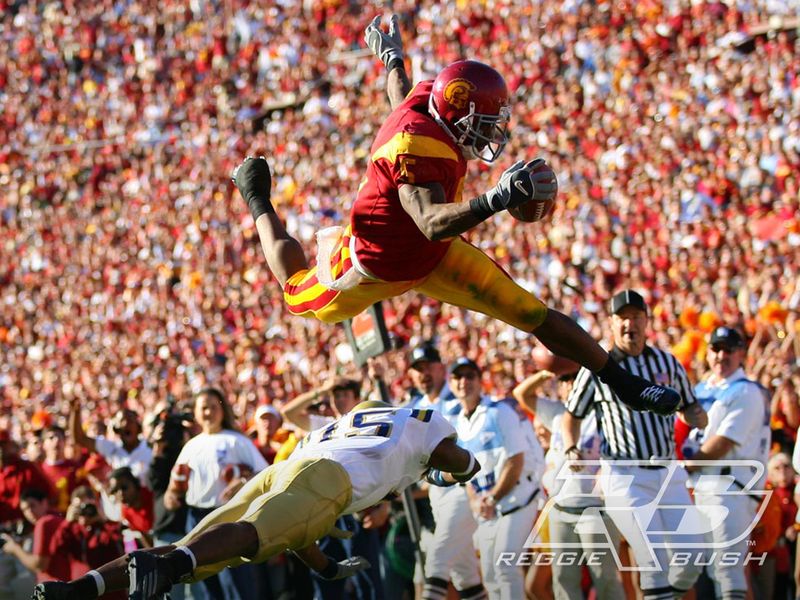With College Football Season right around the corner, I can’t help but wonder how much collateral damage has been caused by  USC’s flagrant NCAA rule violations and what measures (if any) are Universities taking to avoid joining USC in their fall from glory.
USC’s flagrant NCAA rule violations and what measures (if any) are Universities taking to avoid joining USC in their fall from glory.
The NCAA seems to be making an example out of USC’s violations by hitting them with severe sanctions, including revocation of championships, player record statistics, scholarships and essentially removing them from the BCS for the next couple years. With a substantial number of USC’s violations stemming from actions relating to individual players, the IRS is now chasing down former College All-Stars to collect tax on the multitude of gifts they received – complete with penalties, interest.
According to NCAA’s USC Public Infraction Report, Reggie Bush received over $300,000 of “gifts” and “benefits” from various agents. Which leads us to the question, how can the IRS tax Mr. Bush on these “gifts?”
Generally, a gratuitous transfer of property will not result in tax consequences upon the recipient. However, the IRS will consider the gift to be income if the recipient provides “consideration” or something of value to the donor of the gift. The problem with Mr. Bush’s situation was that EVERYONE wanted something of value from him…he was the one of the hottest commodities the NFL had seen in a while.
From the IRS’s standpoint, all the luxury gifts, limos, designer clothing, travel accommodations, as well as the rent-free living arrangements provided to him (and his entire family), were taxable items of “Gross Income.” The Internal Revenue Code broadly defines Gross Income as “all income from whatever source derived.” Considering the items of income arose from events taking place over five years ago, the IRS will likely receive a generous “gift” of penalties and interest in addition to Mr. Bush’s income tax.
Although the extent in which the IRS will benefit from USC’s Sanctions is uncertain, I have no doubt that without stricter institutional governance, we will see the IRS stepping up their game to cash in on the college football fever.
